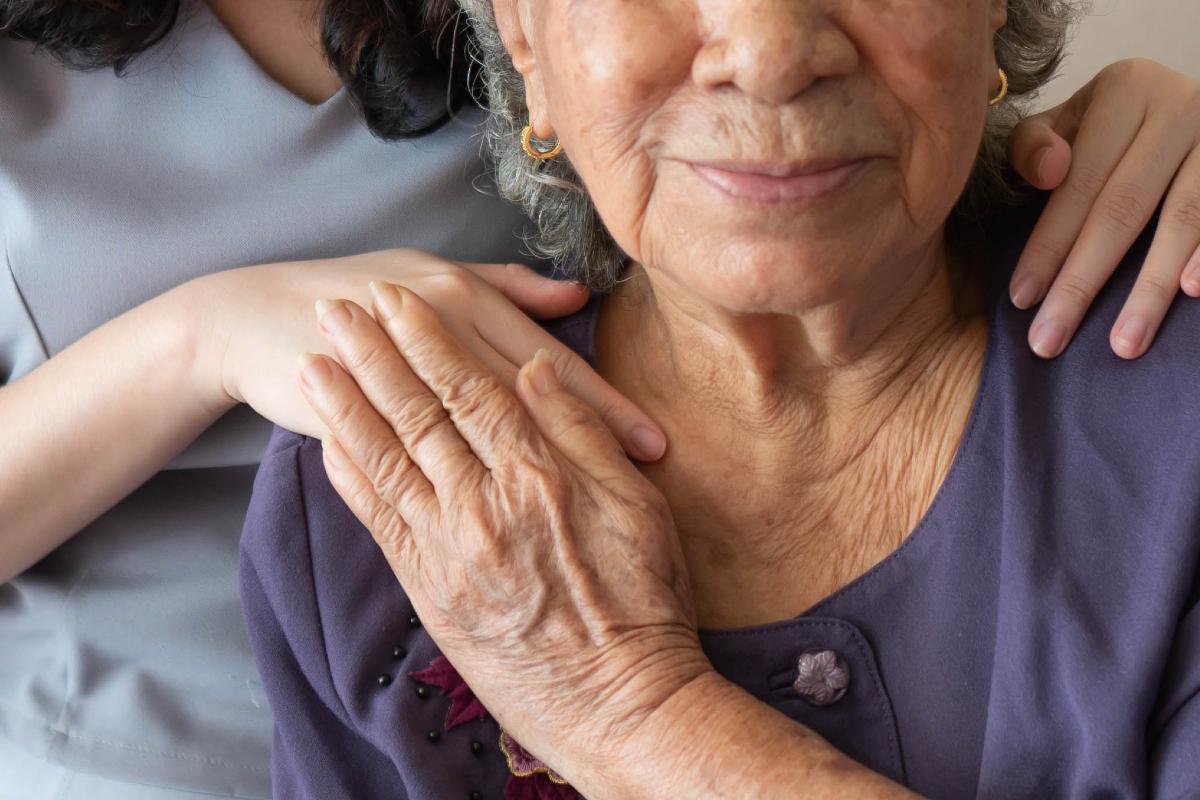Table of Content
Caregiving from a distance can be a challenge. Transitioning loved ones to a nursing home requires a lot of trust in the facility’s staff. While you can visit your family in person, talk to them on the phone, or hire a personal care manager for them, you don’t have round-the-clock access to observe the quality of care they are receiving. Unfortunately, nursing homes can engage in abusive and neglectful practices. Identifying these behaviors can be a challenge when you’re not there in person. Educating yourself on the common signs of abuse and neglect is the best way to ensure no one is taking advantage of your loved one.
If you suspect your loved one is the victim of abusive behaviors at their nursing home, it’s a good idea to seek legal representation from a skilled nursing home lawyer. Here are some helpful tips for caregiving from a distance.
Knowing the Different Kinds of Nursing Home Abuse
One of the best ways to care for a loved one from a distance is to educate yourself on the various kinds of nursing home abuse. Understanding the common kinds of neglect and signs of abuse can help protect your loved one from enduring a harmful situation. In general, nursing home abuse falls under one of five categories:
- Physical
- Sexual
- Financial
- Psychological
- Neglect
These five kinds of abuse categorize most of the harmful situations that happen at nursing homes. Some common signs of nursing home mistreatment include:
- Bruises, abrasions, and unexplained injuries, all of which could signal physical abuse
- Out of character changes in financial behaviors, such as large withdrawals from a bank account or increased spending patterns
- Tense relationships or consistently observed arguments with caregivers at the nursing home facility, which could signal emotional abuse
- Sudden depression or unexplained lack of interest in normal activities
- Signs of poor hygiene, including bedsores, weight loss, and rashes, which could signal caregiver neglect
These are a few of the signs commonly associated with nursing home abuse. If you suspect your loved one is experiencing abuse or neglect at a nursing home facility, it’s essential to report the abuse. Nursing homes are subject to strict federal regulations, and it is imperative they are held responsible for their actions.
Signs Your Loved One Is Engaging in Self-Neglect
While you need to know signs of nursing home neglect, you should also educate yourself on how to identify when your loved one is engaging in self-neglect. Self-neglect describes situations in which a person is putting themself at risk by failing to perform essential actions. In the case of older individuals, this usually happens due to a loss of cognitive abilities. Drawing the line between giving your loved ones their independence and caring for their health can be a challenge. However, it’s important to know common signs of self-neglect to ensure you can intervene when you need to. Signs of self-neglect in older individuals include:
- Failing to take necessary medications or be treated for serious conditions
- Forgetting to turn off appliances, such as the stove or oven
- Failing to engage in necessary self-care, including eating appropriate meals and drinking water
- Constant confusion and memory loss
These are just a couple of signs that could indicate your loved one is no longer capable of taking care of themselves.
Call an Expert Nursing Home Abuse Lawyer in New York City
If you are noticing signs of abuse in your loved one, it’s important to contact the authorities and seek legal representation. Unfortunately, many nursing homes are plagued by significant understaffing, causing industry-wide problems of neglect and abuse. At Dalli & Marino, we are dedicated to fighting the injustices in the nursing home system.
Our seasoned New York trial attorneys have been aggressively advocating for victims of nursing home abuse since 1996. We are committed to cultivating strong relationships with our clients through trusted, reliable communication. Our team of skilled attorneys approaches each case on an individual basis and is dedicated to helping you recover the money you deserve to compensate for your experience. Give us a call at (888) 465-8790 or complete our contact form today.



